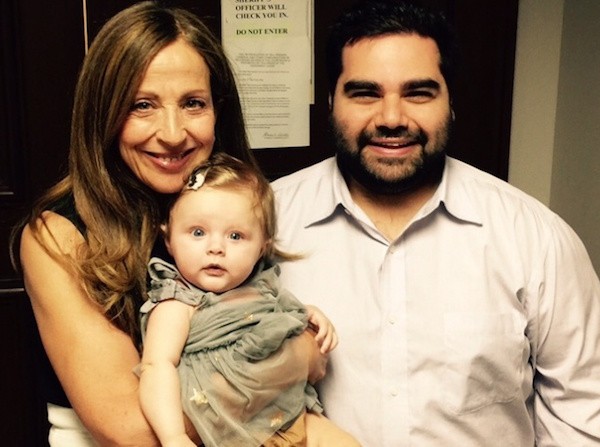Dressed like a royal princess in grey tulle and golden stars, a smiling, redheaded four-month old entered the courtroom with her joyous adoptive dads. We had chosen to file their same-sex adoption proceeding in New Jersey, where they lived, rather than Ohio, where their daughter was born, because the Ohio court would did not allow same-sex couples to adopt a child together. Although the New Jersey court would enter an order of adoption declaring my clients the legal parents of their child, the Ohio Department of Health would put only one of them on the birth certificate as the parent.
Moments before the hearing began, the Supreme Court entered its historic decision legalizing same-sex marriage. Justice Kennedy paid particular attention to the impact of laws like Ohio’s which prevented same-sex couples like my clients from marrying and obtaining equal parentage rights and responsibilities: “Without the recognition, stability, and predictability marriage offers, their children suffer the stigma of knowing their families are somehow lesser. They also suffer the significant material costs of being raised by unmarried parents, relegated through no fault of their own to a more difficult and uncertain family life. The marriage laws at issue here thus harm and humiliate the children of same-sex couples.”
The Supreme Court’s ruling will require all states to allow same-sex adoption, enabling both parents, regardless of gender, to appear on their child’s birth certificate. For same-sex couples like my beaming clients, that means the right to full legal recognition as parents.

